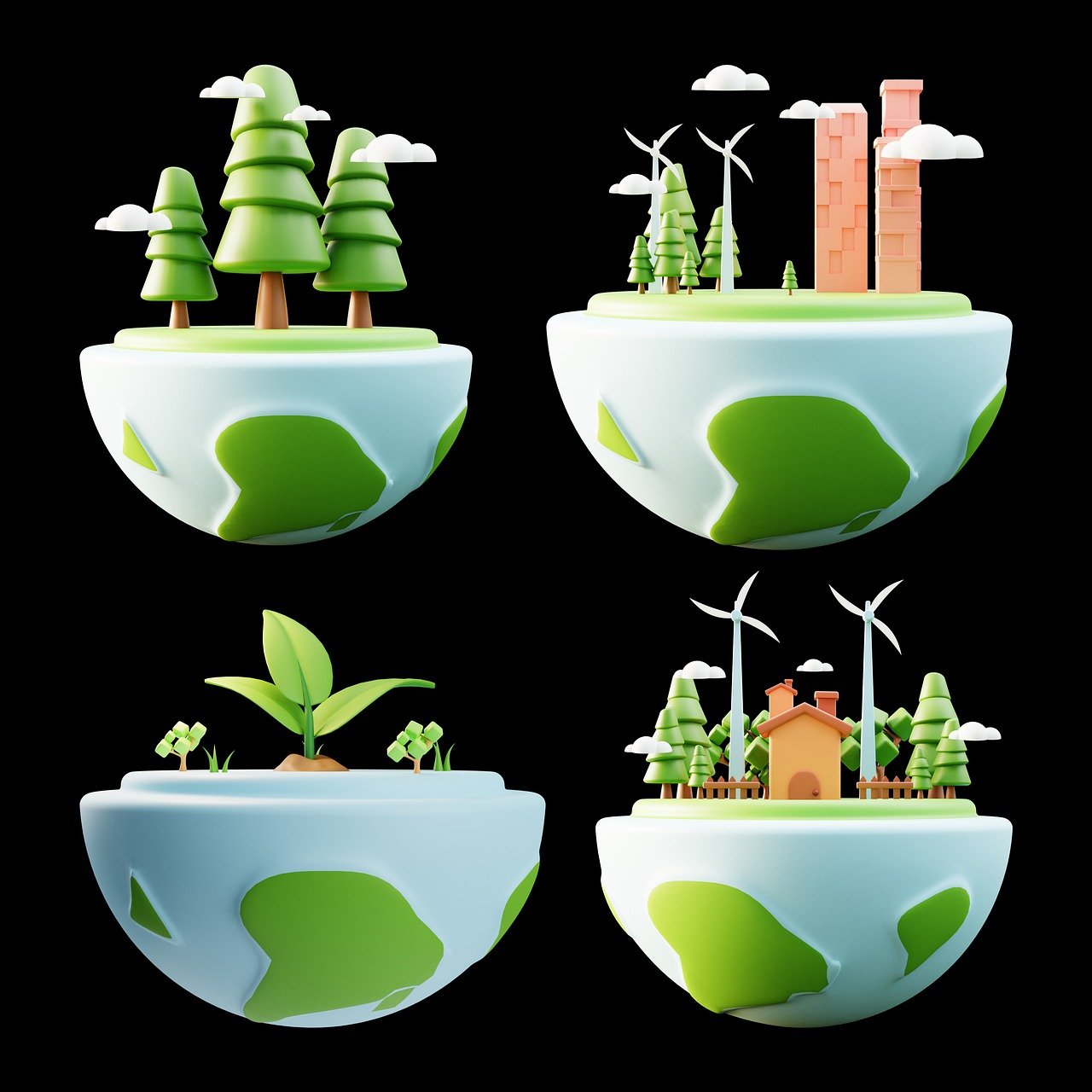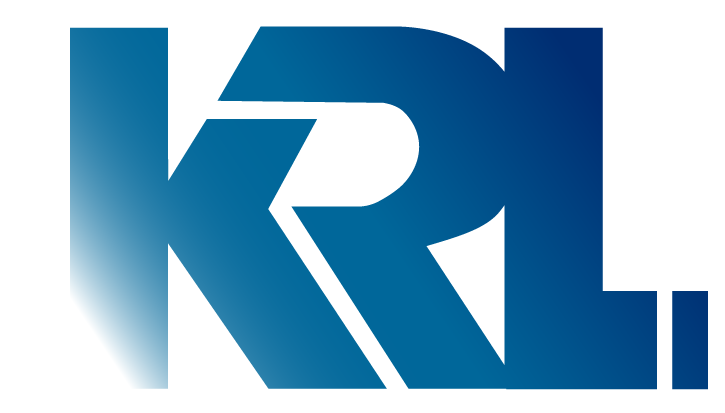
02 Mar A Roadmap on Hydrogen Standardisation.
The European Clean Hydrogen Alliance has published its roadmap on hydrogen standardisation. It is widely known that production at a large scale by 2030 is crucial in order for the EU to meet its decarbonization deadlines.
Europe has to go from pilot projects to large-scale ones in a few years to make the transition to a clean energy source possible. In order to do so, the need for standardisation is clear. The said standards should be developed in time to ensure the legal or regulatory framework is in line with the development of the necessary technologies.
The roadmap focuses on clean hydrogen, meaning renewable and low-carbon hydrogen. It lists over 400 topics grouped in clusters to cover the different needs of the hydrogen value chain, from production, distribution, transport, and storage to end-use applications. Hydrogen is considered an energy carrier available in liquid and gaseous form as well as in the forms of liquid organic hydrogen Carrier, liquid inorganic hydrogen carrier, ammonia, methanol, and Oxyhydrogen.
The European Standardisation System respects the founding principles defined by the WTO in the field of standardisation, namely coherence, transparency, openness, consensus, voluntary application, independence from special interests, and efficiency.



